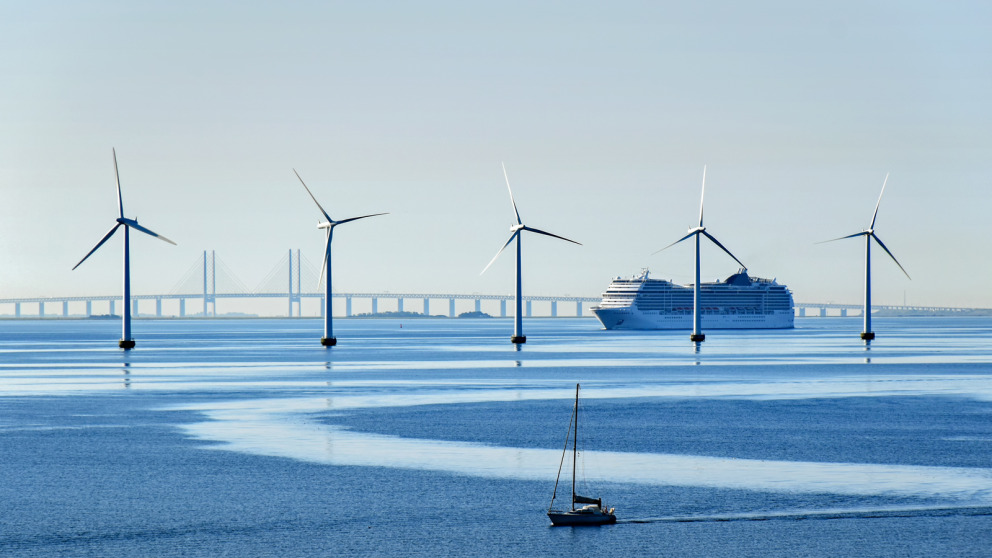Innovative Ocean Governance to Support the EU's Green Deal
Duration

Fragmented marine governance regimes hinder management approaches to successfully address global challenges such as climate change, the loss of biodiversity and the degradation of natural capital. New governance strategies and innovative policies are required to meet this challenge and create transformative action towards the objectives of the EU's Green Deal.
PermaGov - transdisciplinary research for enhancing EU ocean governance
Departing from longstanding governance arrangements is hampered by institutional barriers such as path dependency, bounded rationality, and institutional inertia. Ocean governance is multiple-actor, multi-sectoral and multi-layered, often with poor communication between governance actors and sectors. The lack of collective action across sectors and governance actors impedes effective policy implementation, and innovative policy ideas developed in silos are misunderstood or contested. E-governance innovations are proliferating and are expected to foster transformative change by enhancing transparency and communication. To what extent these innovations contribute to achieving the EU Green Deal ambitions and can create transformative change is unknown.
PermaGov (Innovative governance, environmental observations and digital solutions in support of the Green Deal) aims to improve the implementation and performance of EU marine policies to reach the goals set out in the EU Green Deal by identifying critical institutional barriers to effective policy implementation and proposing opportunities to enhance the vertical and horizontal coherence of EU marine policies. The project will co-develop and apply this assessment framework to plan the implementation of innovative Multi-layered Collaborative Marine Governance Strategies. These include e-governance approaches, which aim at improving the capabilities of actors to implement EU marine policies across four thematic areas: marine energy, maritime transport, marine life and marine litter. The project is coordinated by Wageningen University with 14 partners across Europe, including the RIFS in Potsdam, Germany.
Ocean governance and the EU Green Deal
The RIFS (lead: Ben Boteler) will coordinate a work package on multi-layered marine governance arrangements to support the EU Green Deal as well as a case study on marine pollution focusing on the Baltic Sea. The project is part of RIFS' EU ocean governance cluster along with OceanNETs, MarineSABRES, SOS-ZEROPOL2030 and CrossGov, SOS-ZEROPOL2030.
This project has received funding from the European Union's Horizon Europe research and innovation programme under grant agreement number 101086297.



